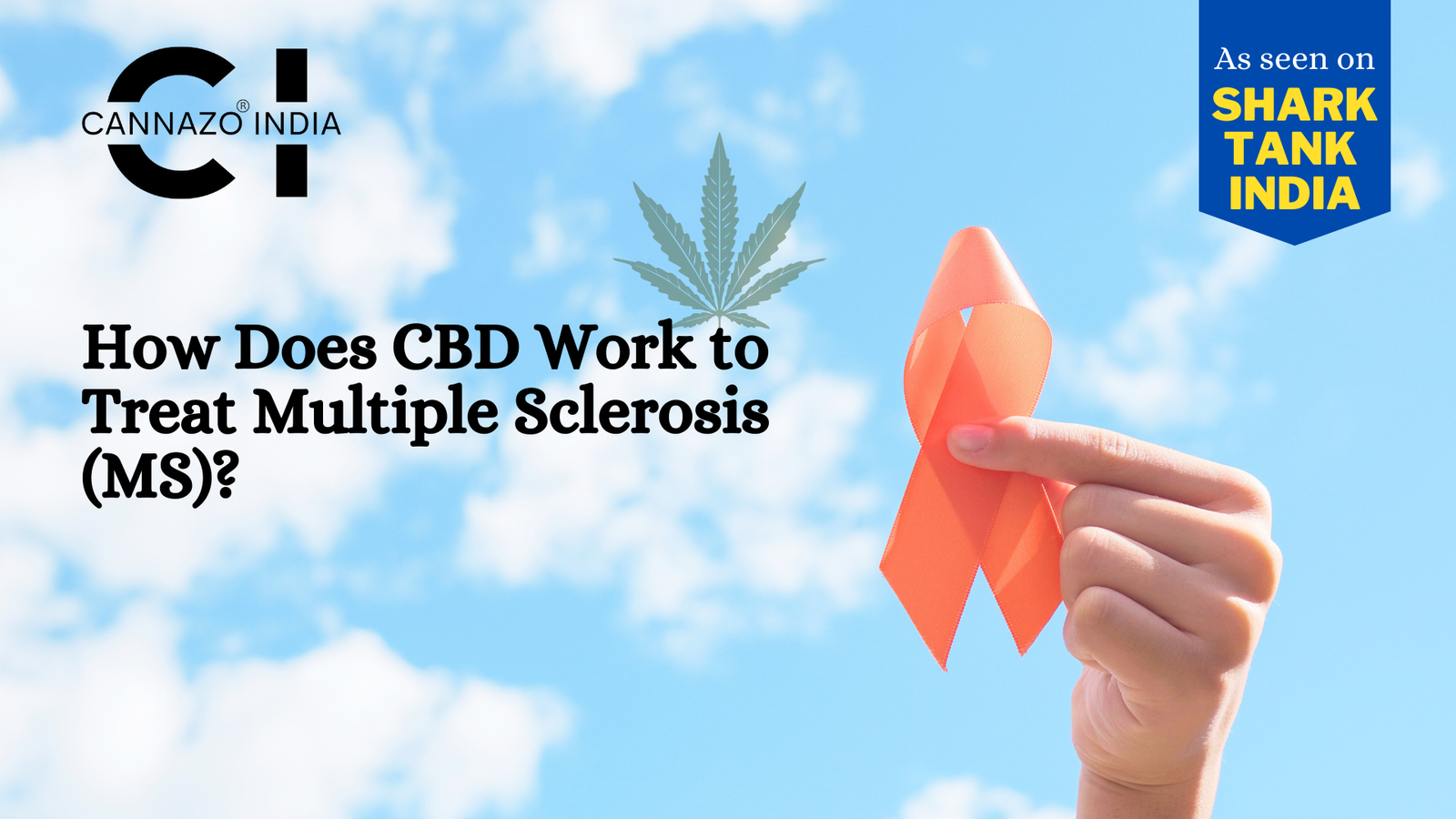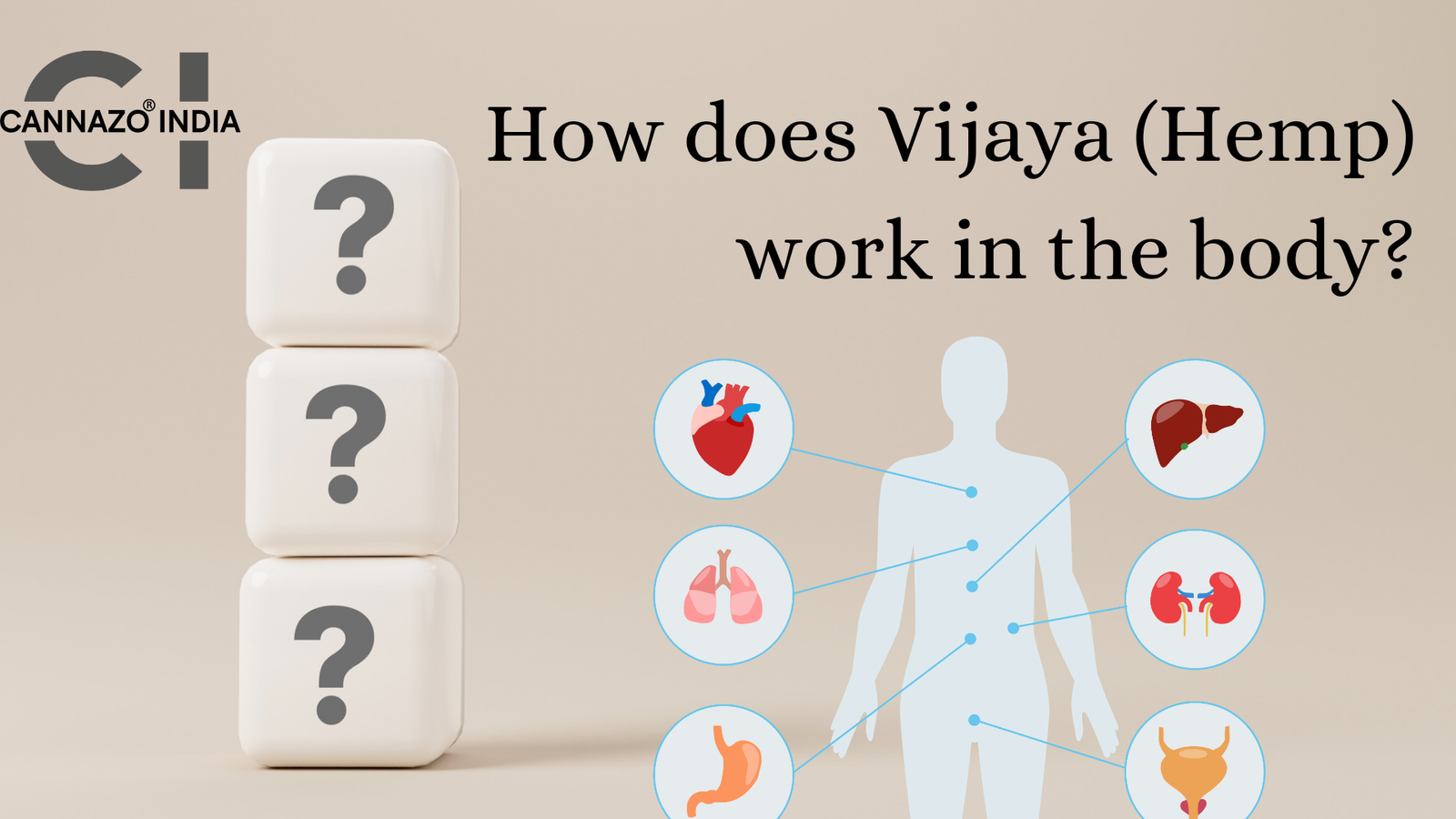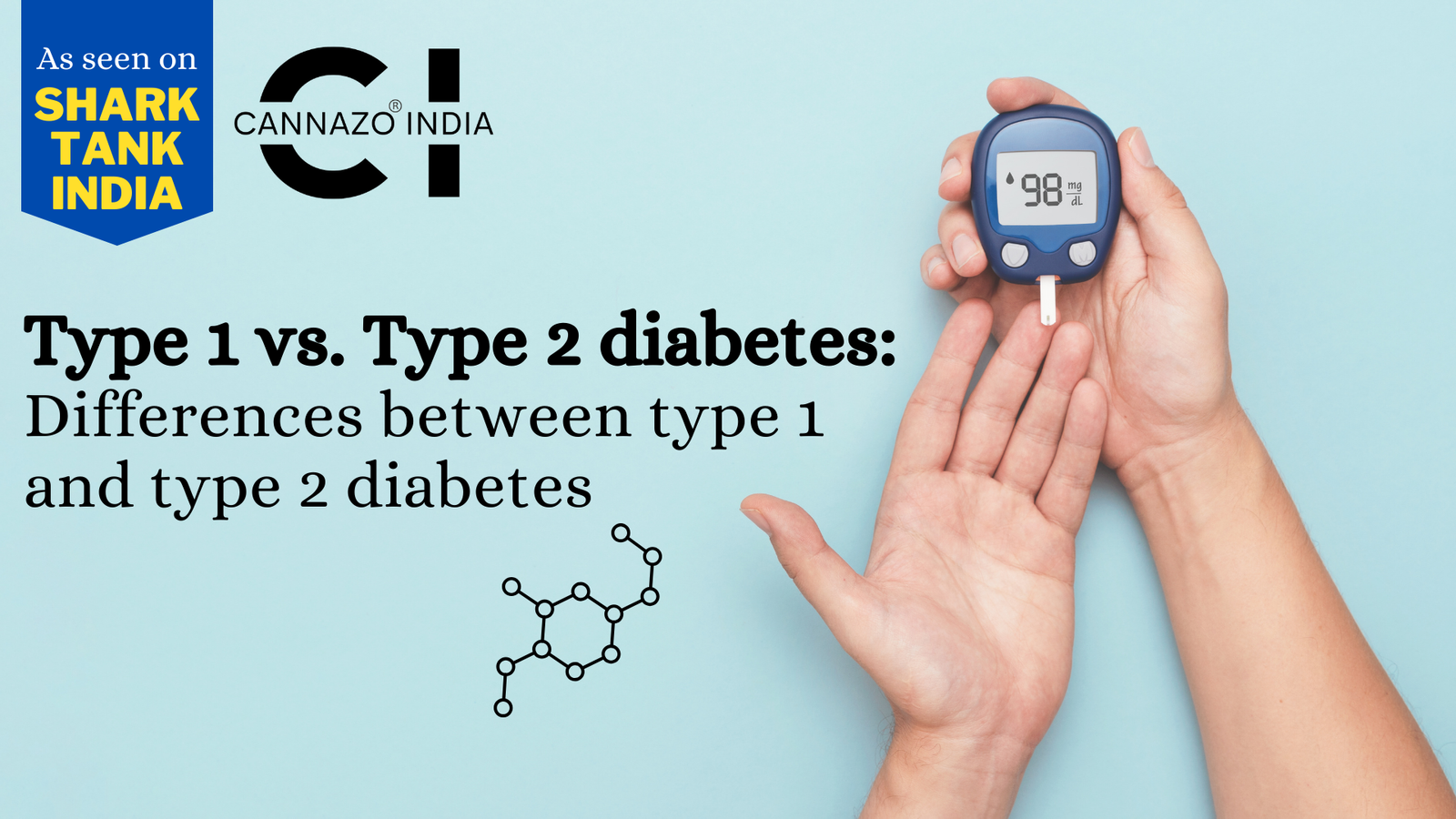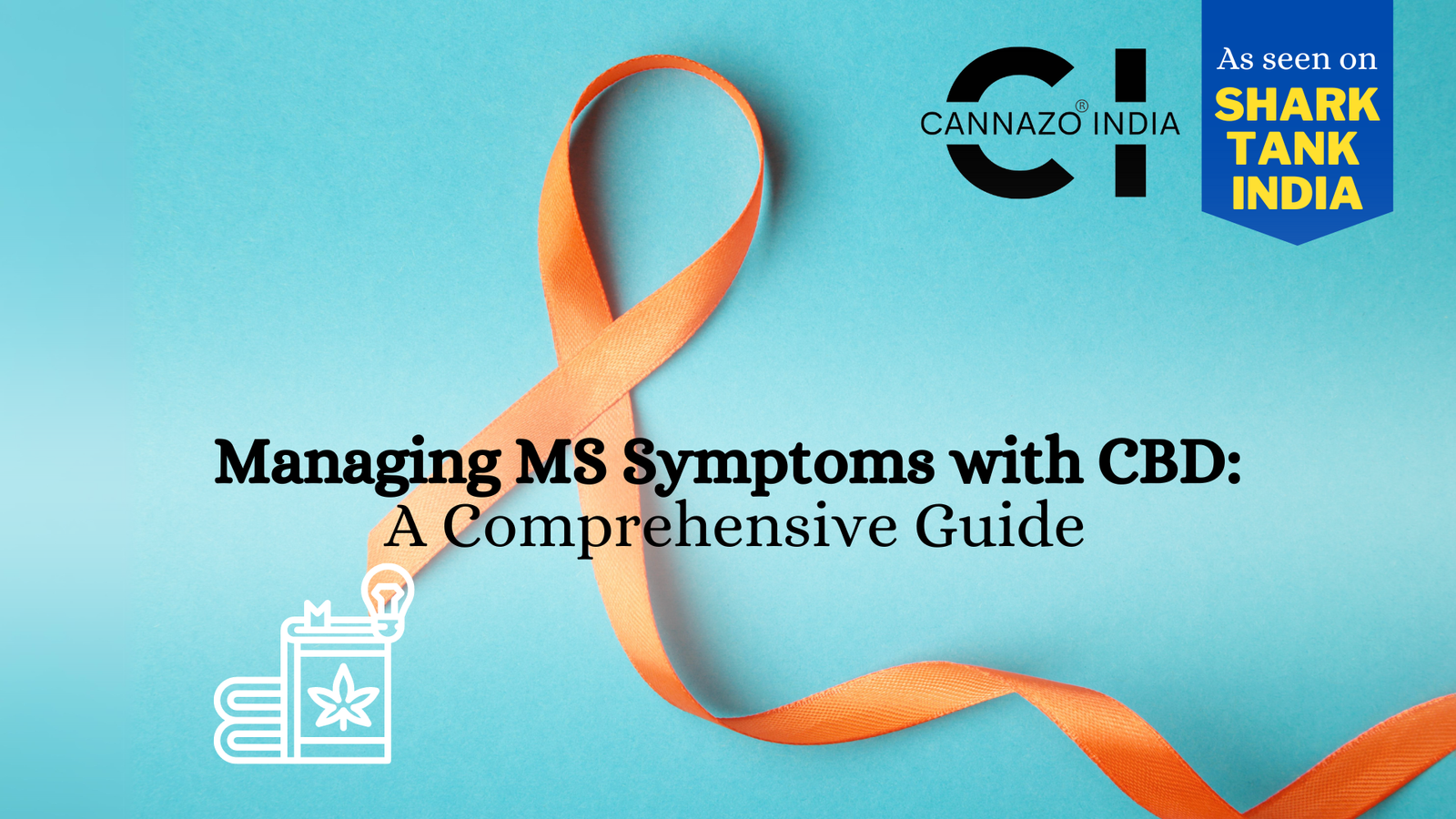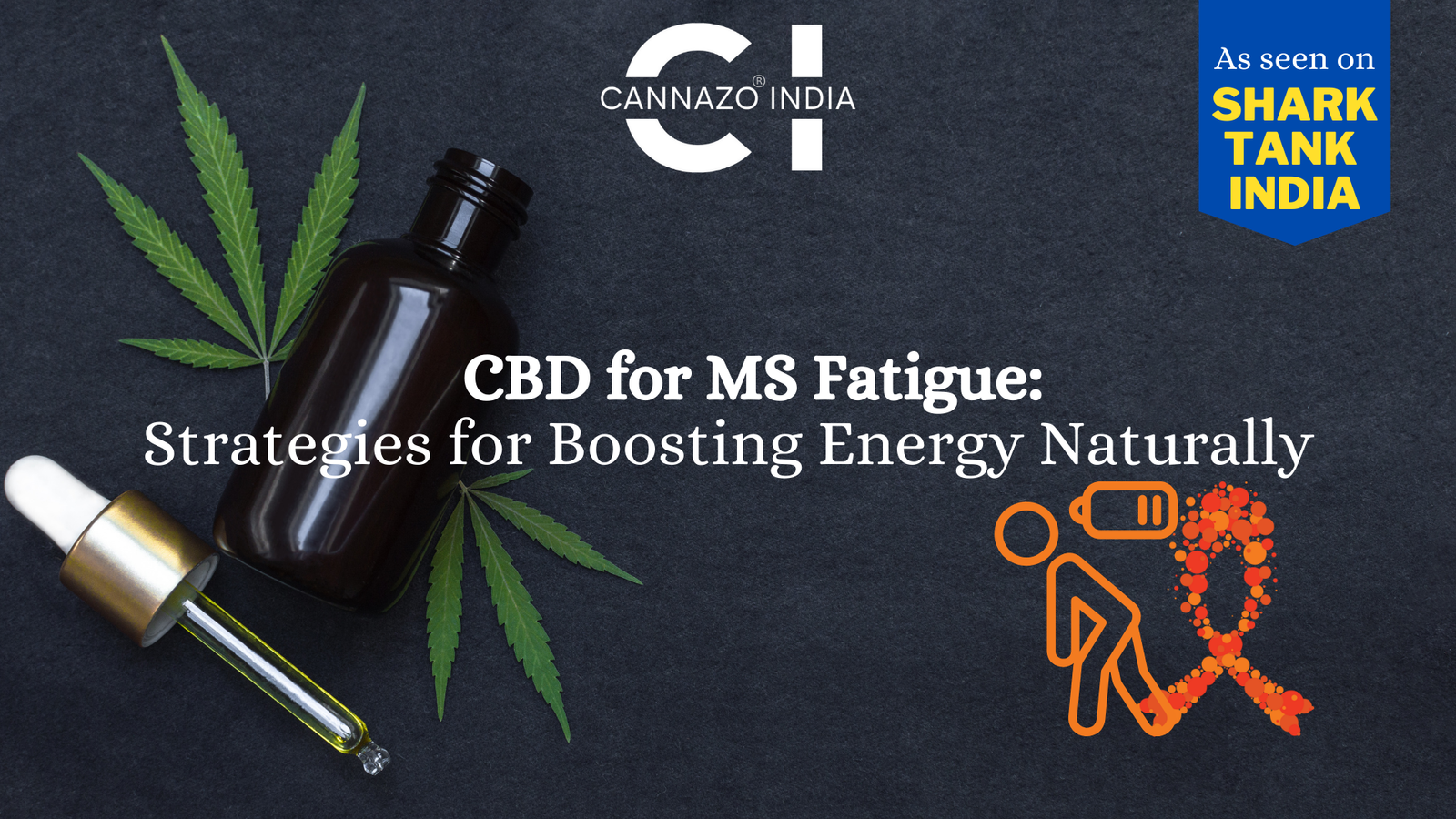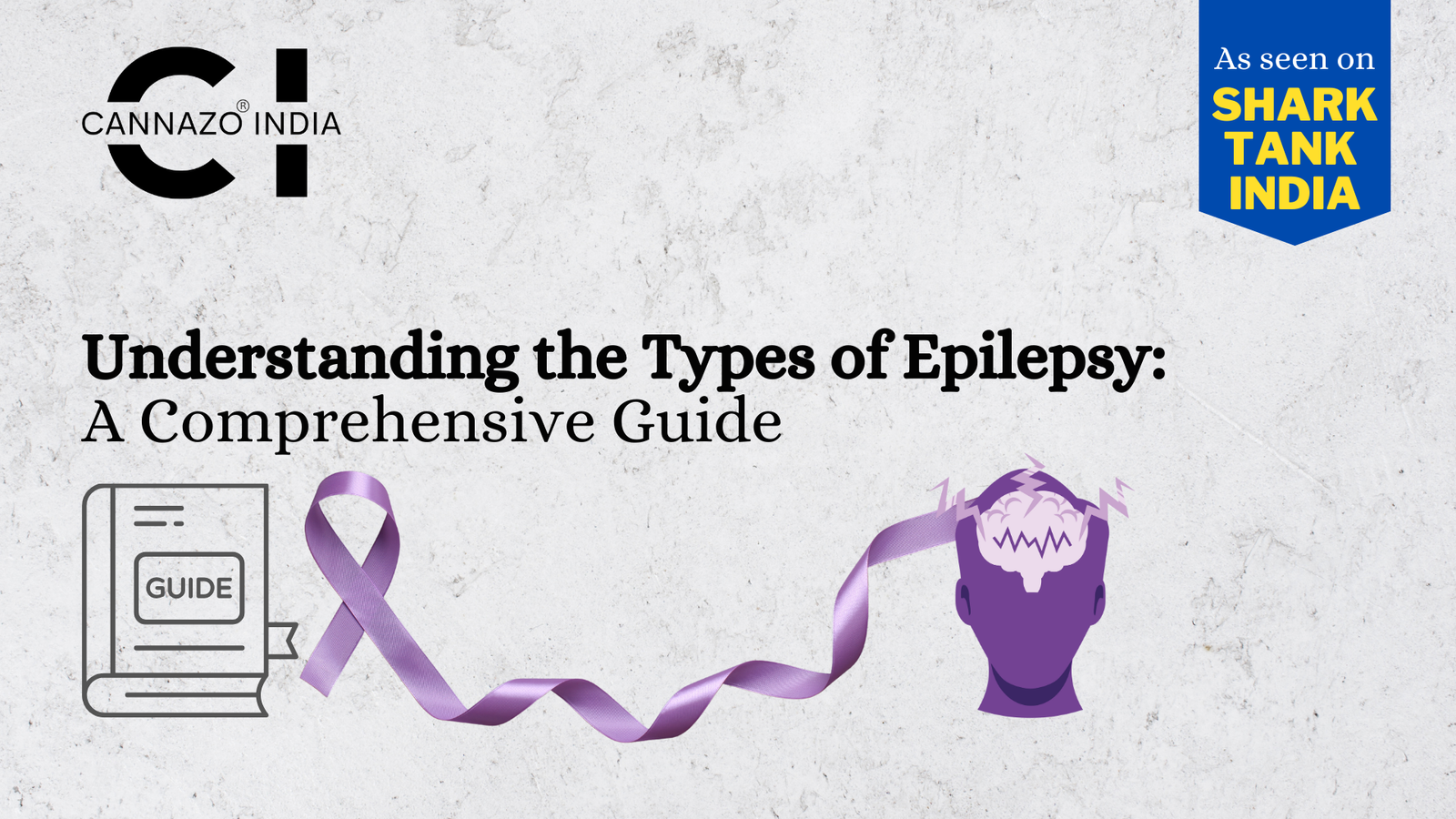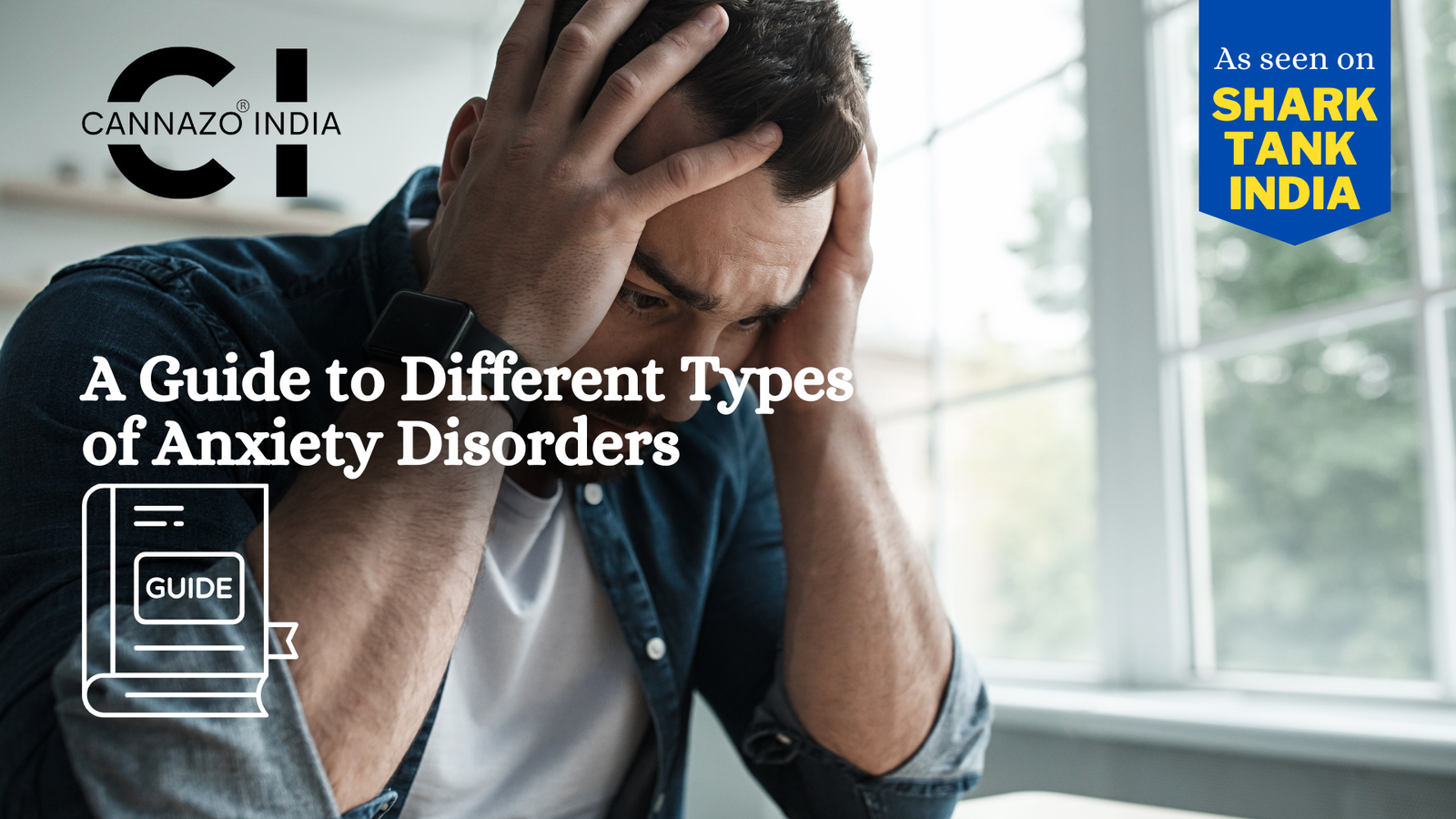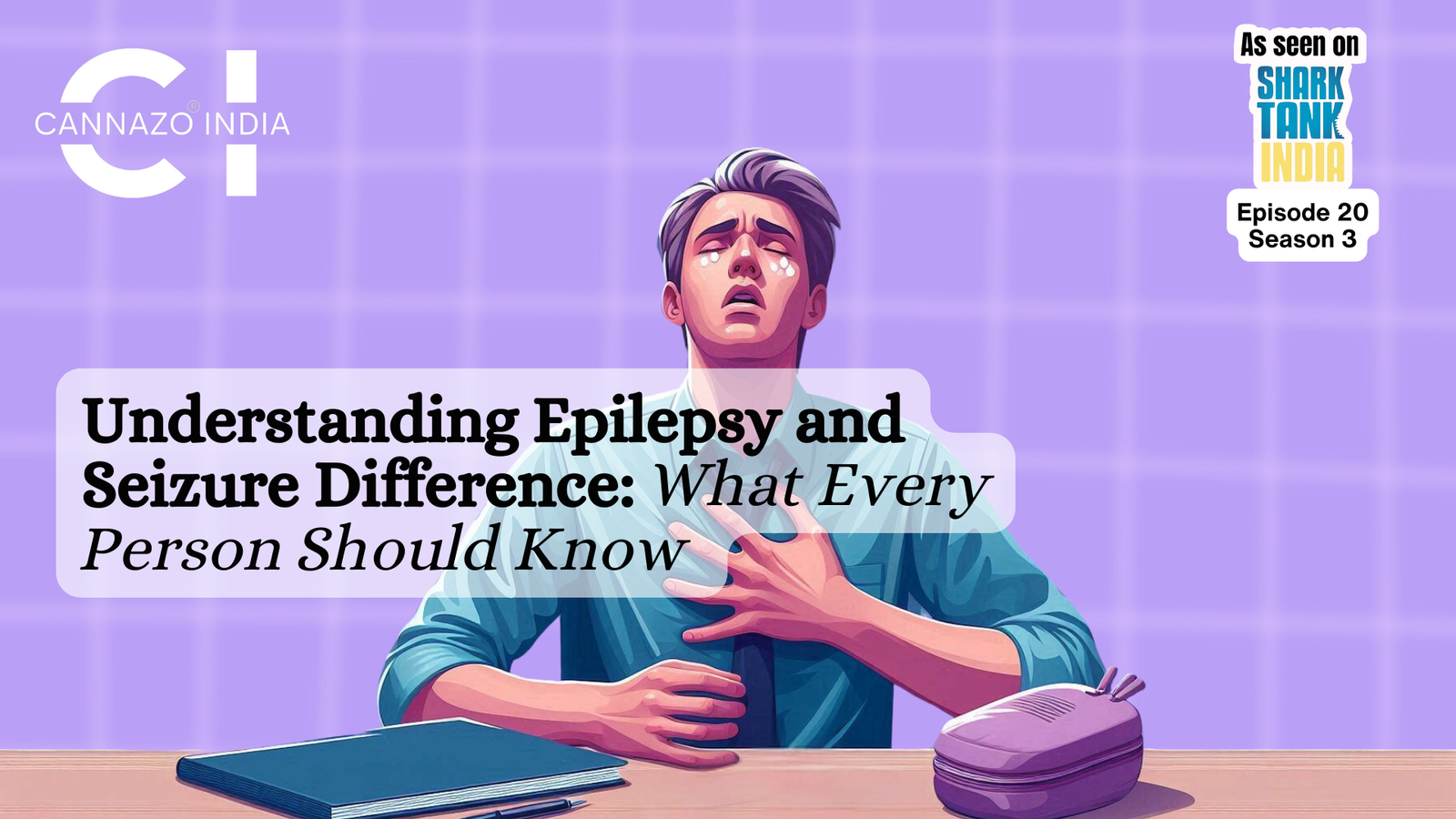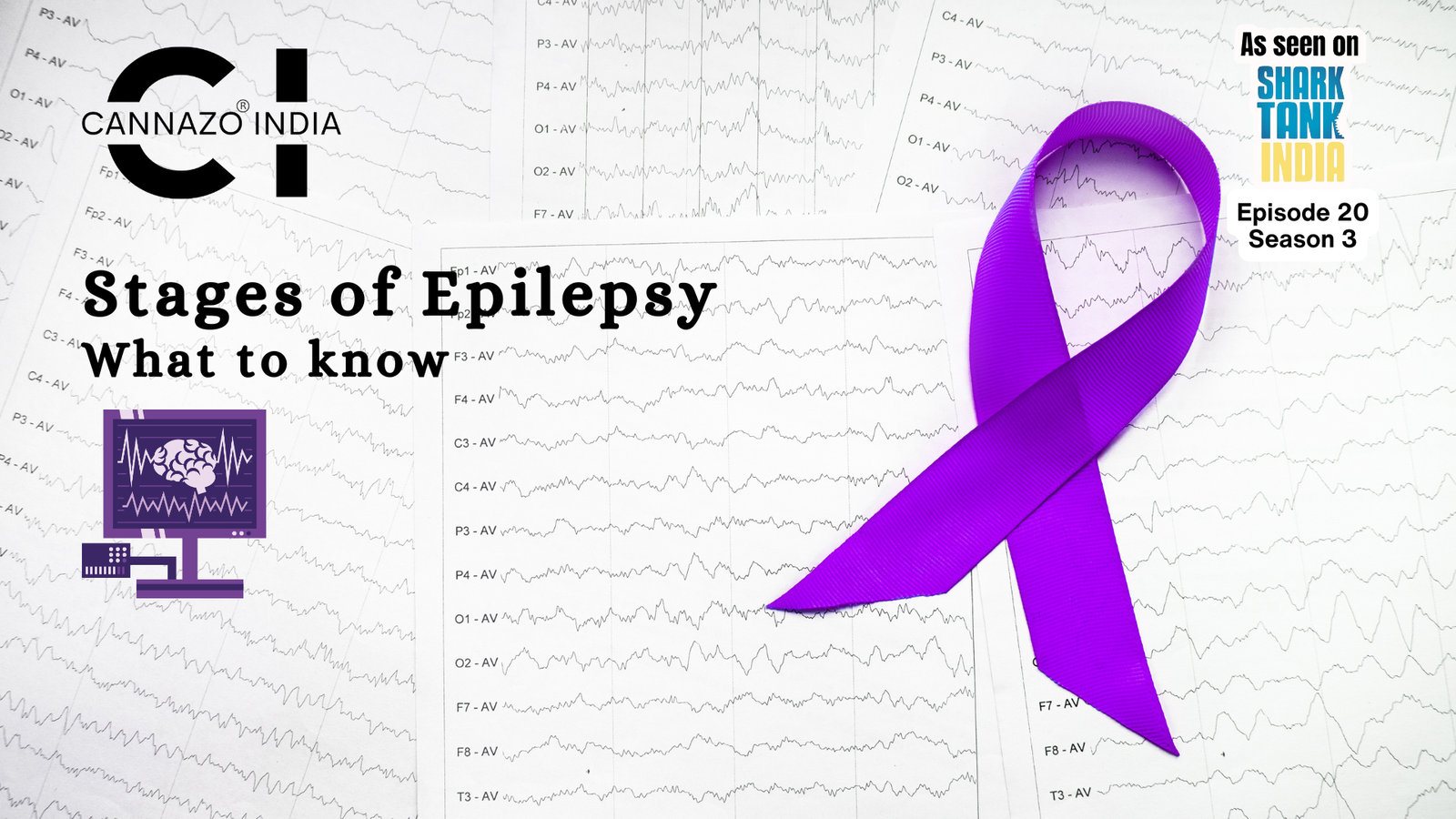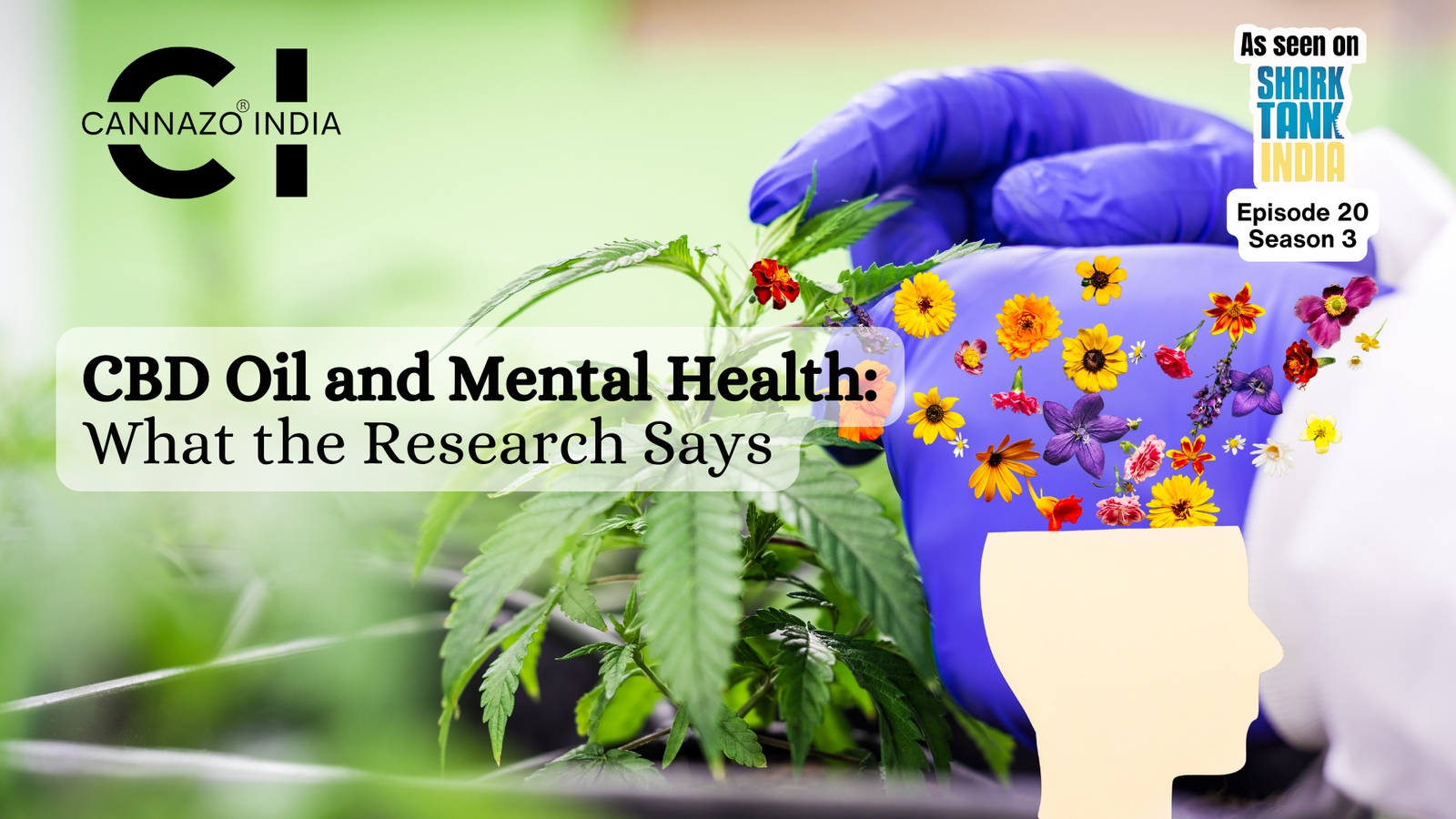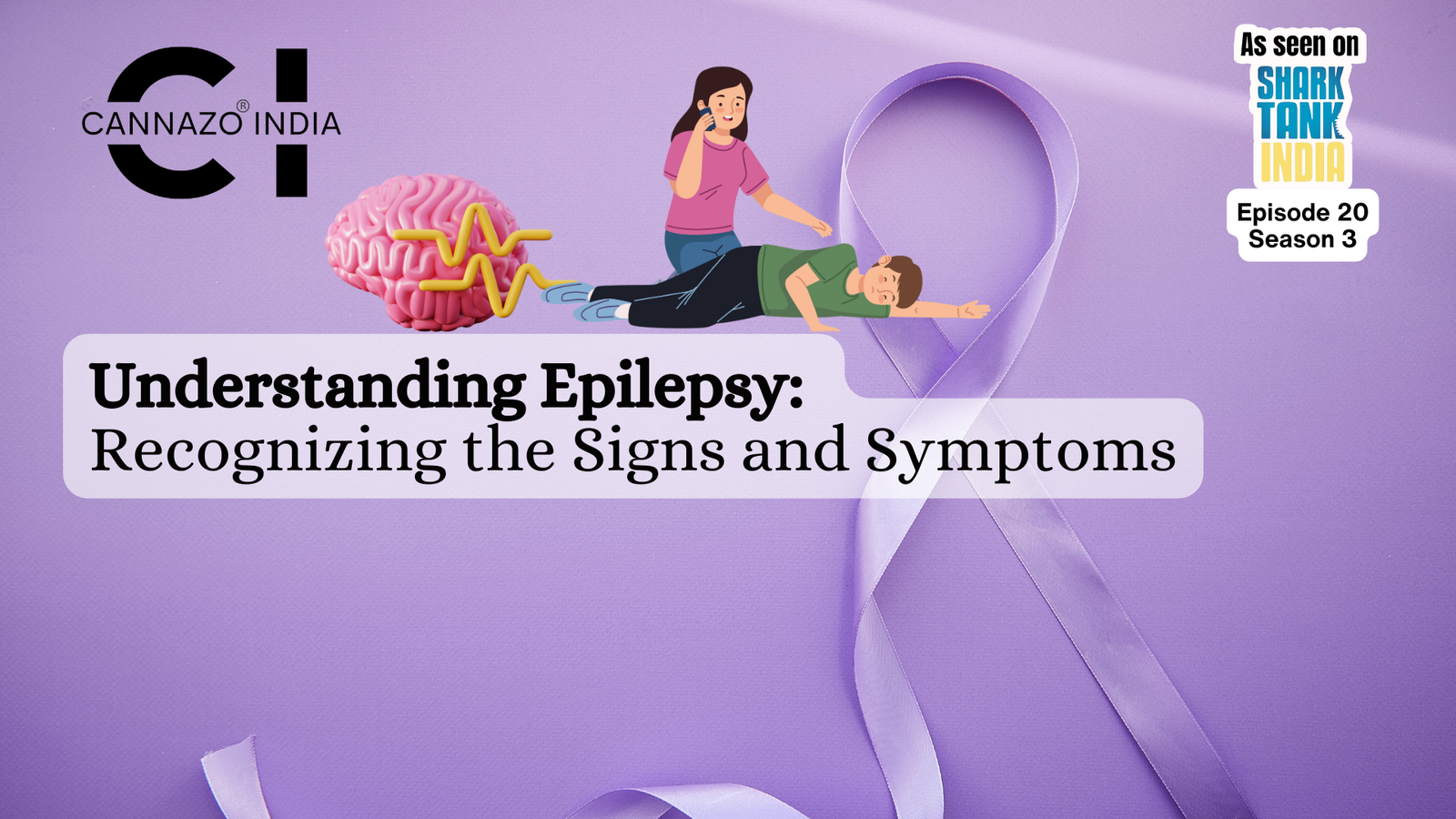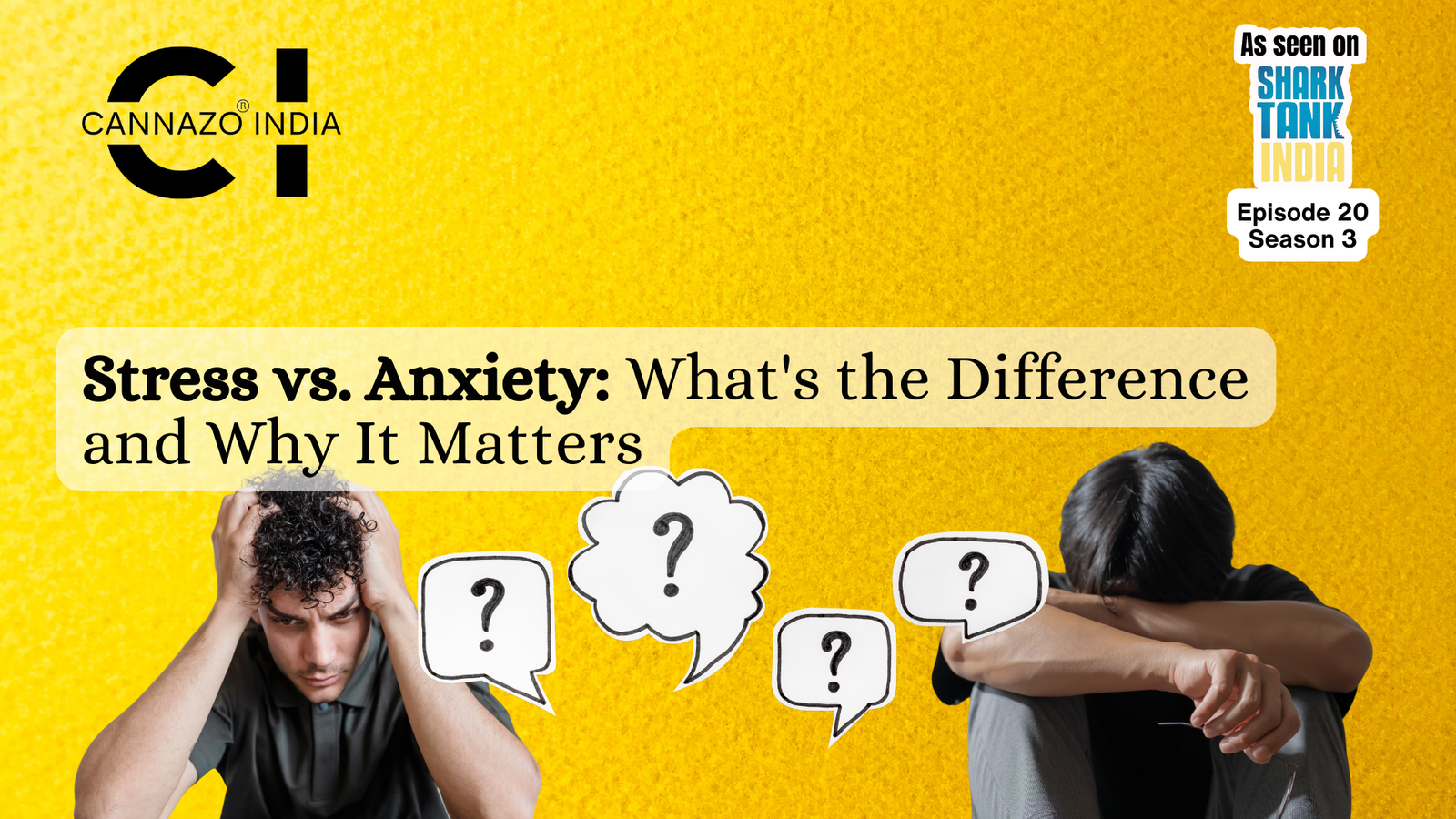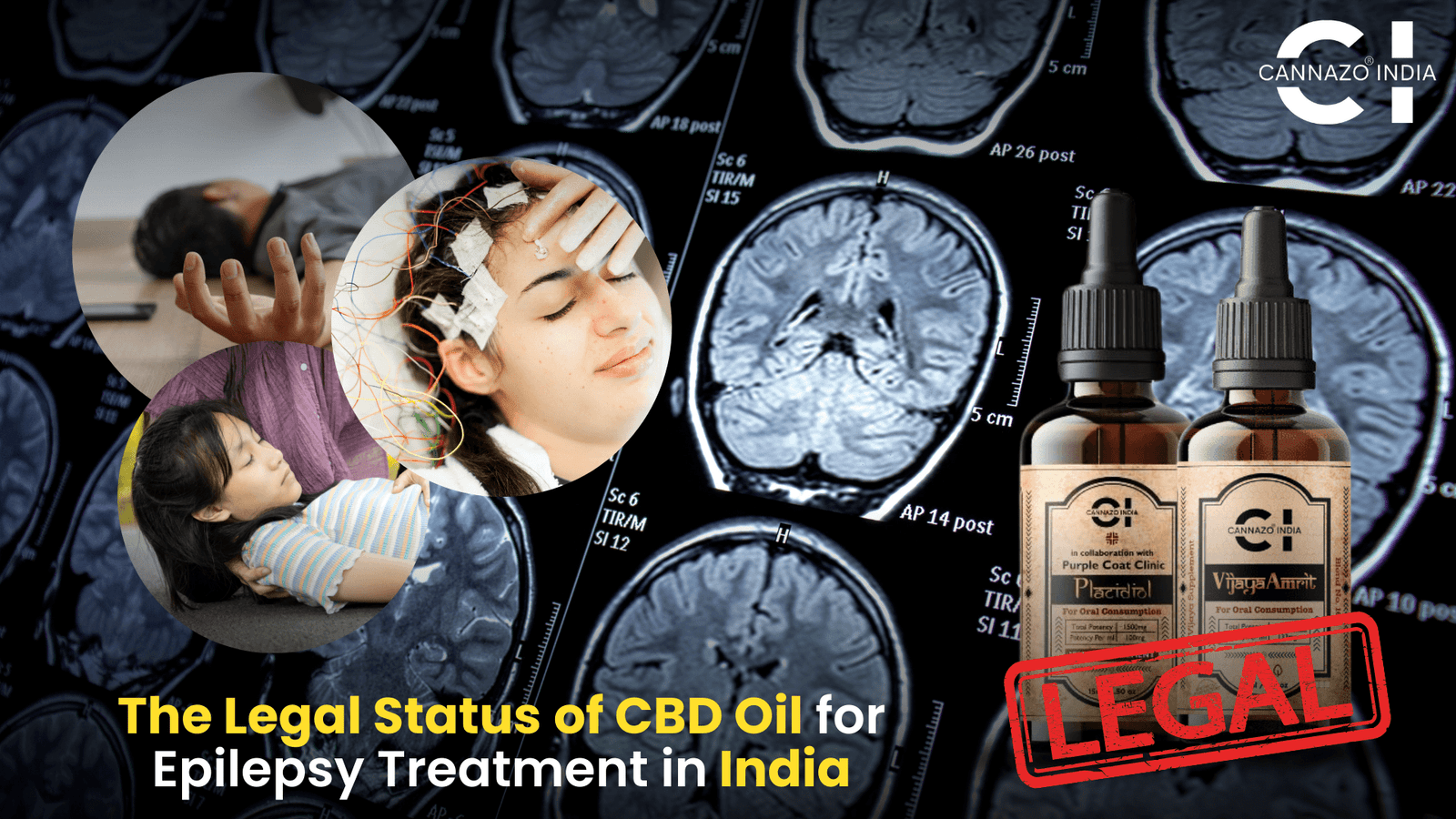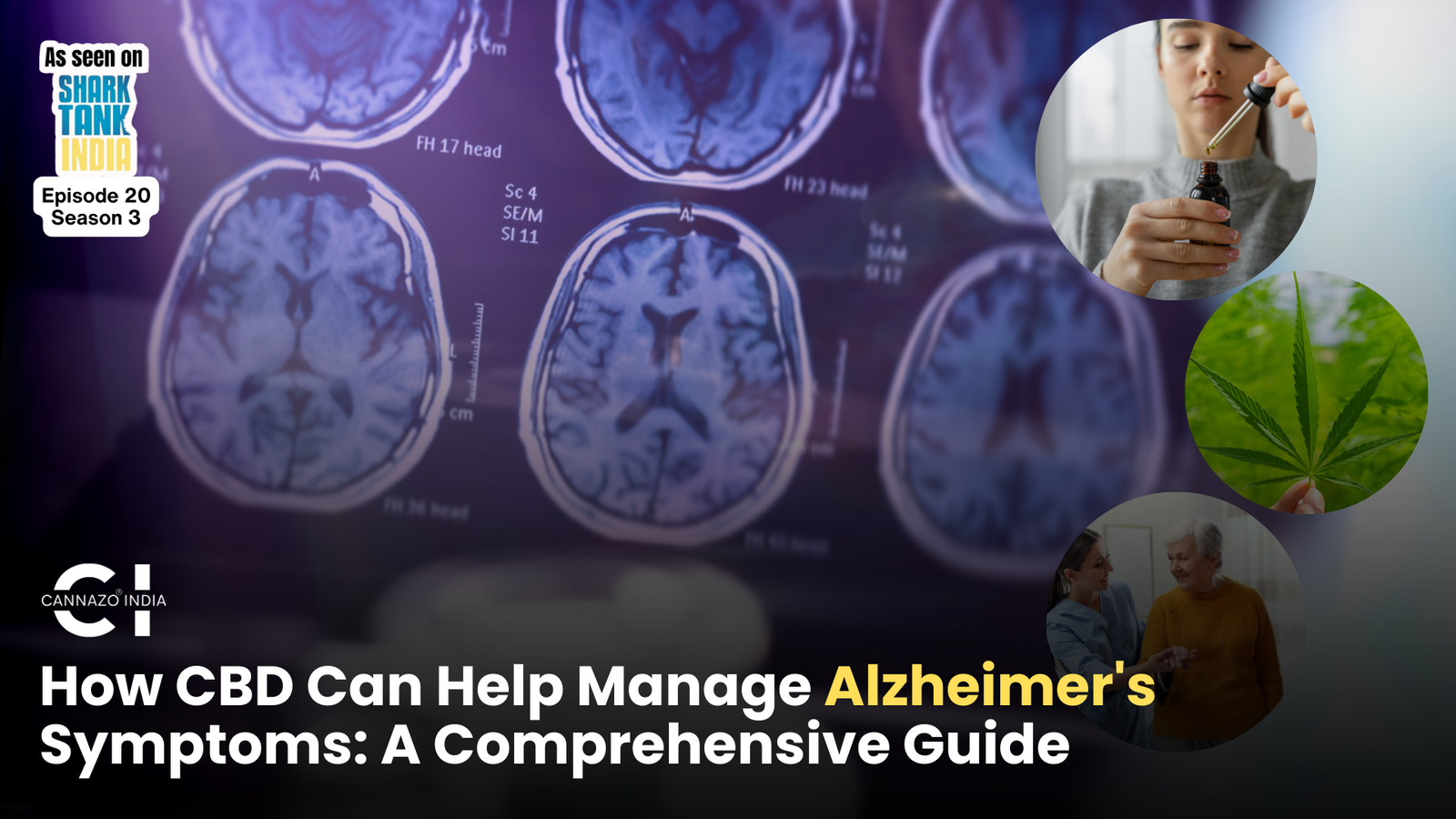Understanding Multiple Sclerosis (MS)
Definition and types of MS
Multiple sclerosis (MS) is an immune disorder leading to damage to the spinal cord and brain which are part of the central nervous system (CNS).
The first step in treating MS is understanding the type of MS. There are 4 main types:
- Relapsing-remitting MS (RRMS) – During a relapse, the usual MS symptoms of the patient worsen for at least 24 hours. In the remission phase, these symptoms go away partly or completely.
- Clinically isolated syndrome – It is the occurrence of the first clinical episode of MS for at least 24 hours. It occurs without a fever or infection.
- Primary progressive MS – The symptoms of MS progress from the primary onset of MS symptoms.
- Secondary progressive MS (SPMS) – Many people with RRMS may develop SPMS where the relapse-remission cycle may stop and the symptoms just worsen over time.
Diagnosing the type of MS can also help in determining treatment options and the prognosis of the condition.
Symptoms and impact on daily life
Symptoms of MS can vary between each patient and each day as well, but the most common symptoms experienced are:
- Muscle stiffness or spasticity – muscles are not able to respond to the slower nerve signals leading to prolonged stiffness.
- Decreased mobility – muscle spasticity will lead to decreased mobility since muscles can’t contract or relax quickly.
- Pain and inflammation – the damage to the nerve fibres leads to neuropathic pain.
- Disturbed sleep pattern – muscle stiffness and spasticity may affect sleep along with other factors like stress.
- Numbness and tingling – demyelination of sensory nerves disturbs sensory signals leading to numbness and tingling.
- Fatigue – fatigue may be a result of all the above-mentioned symptoms.
Causes and pathology of MS
- There are no defined causes of MS, but research suggests that there is a genetic, infectious and environmental role in causing MS.
- When a person is suffering from MS their immune system attacks the body’s nerve cells. The T cells which are part of the immune system attack and destroy the myelin sheath wrapped around the neurons. This decreases the speed of transmission of nerve signals to and from the brain causing symptoms like reduced mobility and memory.
The Endocannabinoid System (ECS) and its Role in MS
Conventional treatments for MS modulate the immune system and play a neuroprotective role. However, they have many side effects like gastrointestinal bleeding and the development of resistance to those drugs.
An upcoming alternative treatment is medical cannabis (MC). MC consists of two compounds called cannabidiol (CBD) and tetrahydrocannabinol (THC).
Both interact with two kinds of cannabinoid (CB) receptors: CB1 and CB2. These receptors play a role in managing inflammation and pain, sleep disruptions and anxiety since they are part of the endocannabinoid system (ECS).
CBD and its Pharmacological Effects
CBD interacts with CB2 and 5-HT1A receptors present in the immune and nervous systems to cause various pharmacological effects:
- Activates anti-inflammatory pathways
- Decreases pain
- Reduces muscle spasticity
- Relieves stress and anxiety
- Improves sleep quality
CBD for Managing MS Symptoms
Pain Relief
In a year-long study titled “Medical Cannabis for the Management of Pain and Quality of Life in Chronic Pain Patients: a Prospective Observational Study” published in Pain Medicine by Safakish et al. (2020), it was found that medical cannabis (MC) decreases headaches, anxiety, fatigue, and nausea in patients with chronic pain.
A study published by Cannazo India in the Journal of Integrative Medicine and Research showed that Cannazo India’s Painaid 3000mg/15mL led to a 70-99% decrease in pain, inflammation and spasticity after one month of administration.
Inflammation Reduction
Numerous studies have shown that CBD can interact with CB1 and CB2 receptors in the immune and nervous systems. This leads to the release of anti-inflammatory cytokines which decreases inflammation in CN, thus improving signal transmission in the nerves.
In a study testing the effect of CBD on a virus-induced mice model of MS, Mecha et al. (2013) found that CBD decreased the activation of microglial cells in the brain which are cells which produce pro-inflammatory cytokines. Mice with MS treated with CBD had around 50% less expression of IL-1β (a pro-inflammatory cytokine) compared to mice which weren’t treated with CBD.
Safety and Legal Considerations
The Narcotic Drugs and Psychotropic Substances Act of 1985 banned the use of flowering tops of cannabis; however, AYUSH later approved and allowed the use of leaves and seeds. The Ministry of Health and Family approved the usage of medical cannabis for medical purposes in 2018.
The best way to ensure that the product is approved and safe is to buy it from trusted and reputed brands like Cannazo India. Cannazo India offers full-spectrum CBD medications which have been approved under the Schedule E list. Get in touch with experienced doctors via https://cannazoindia.com/doctor-consultation/
Conclusion
In summary, MS is characterised by symptoms like inflammation and pain, fatigue, muscle spasticity, and sleeplessness. These symptoms can affect daily life making it difficult to do simple tasks.
Thus, CBD can be used to manage MS symptoms through interaction with the ECS and the nervous system which decreases inflammation and pain while improving muscle spasticity and sleep.
References
Bishop, M., & Rumrill, P. D. (2015). Multiple sclerosis: Etiology, symptoms, incidence and prevalence, and implications for community living and employment. Work, 52(4), 725-734.
Efendi, H. (2015). Clinically isolated syndromes: clinical characteristics, differential diagnosis, and management. Nöro Psikiyatri Arşivi, 52(Suppl 1), S1.
Mecha, M., Feliú, A., Iñigo, P. M., Mestre, L., Carrillo-Salinas, F. J., & Guaza, C. (2013). Cannabidiol provides long-lasting protection against the deleterious effects of inflammation in a viral model of multiple sclerosis: a role for A2A receptors. Neurobiology of disease, 59, 141-150.
Mishra, V., Puri, A., & Sharma, K. (2024). The effect of full-spectrum cannabis leaf extract on pain, inflammation, and quality of sleep: Case series. Journal of Integrative Medicine and Research, 2(2), 91-96.
Safakish, R., Ko, G., Salimpour, V., Hendin, B., Sohanpal, I., Loheswaran, G., & Yoon, S. Y. R. (2020). Medical cannabis for the management of pain and quality of life in chronic pain patients: a prospective observational study. Pain Medicine, 21(11), 3073-3086.
National Multiple Sclerosis Society (n.d.). Types of MS. Types of MS. Retrieved May 31, 2024, from https://www.nationalmssociety.org/understanding-ms/what-is-ms/types-of-ms
National Multiple Sclerosis Society (n.d.). What Causes MS? What Causes MS? Retrieved May 31, 2024, from https://www.nationalmssociety.org/understanding-ms/what-is-ms/what-causes-ms





